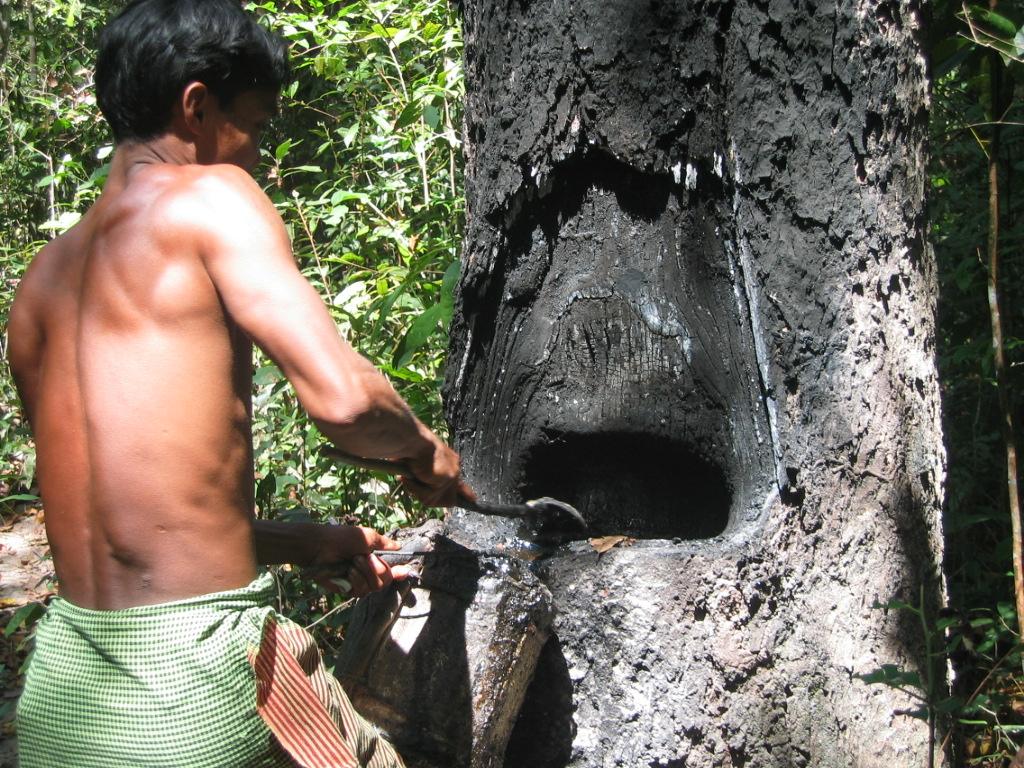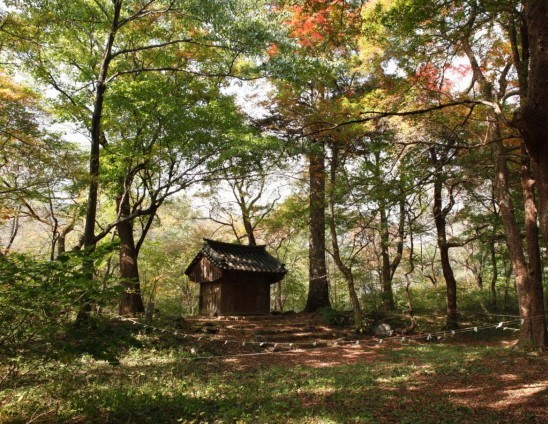Traditional Forest-Related Knowledge: Sustaining Communities, Ecosystems and Biocultural Diversity
By Su See Lee, IUFRO Vice-President
(FRIM, Malaysia)
A new book invites forest scientists to think outside the box – or, perhaps outside the laboratory – and make more of an effort to incorporate elements of traditional knowledge in their research and forest management activities.
The book, Traditional Forest-Related Kno wledge: Sustaining Communities, Ecosystems and Biocultural Diversity, published by Springer just this month, takes a long look at the contribution traditional knowledge has made and continues to make to sustainable resource management around the world.
wledge: Sustaining Communities, Ecosystems and Biocultural Diversity, published by Springer just this month, takes a long look at the contribution traditional knowledge has made and continues to make to sustainable resource management around the world.
Seventy-six authors from all corners of the globe contributed to the book.
At its heart is the belief that there is still much to be learned about sustainable forest management from local and indigenous peoples who have, for many generations, managed their forest resources in a sustainable manner – especially in areas of high biodiversity and in developing mitigation strategies to cope with changing climate.
For a variety of reasons, much of this knowledge is being lost and that is something that should not be allowed to happen.
The book’s authors indicate that this knowledge needs to be recognized and that the people who have it need to be brought into the conversation – currently they are often excluded – and respected for what they know. The writers encourage the scientific community to pay more attention to this information and knowledge and, where appropriate, to lend their support.
 Knowledge of climate and its vagaries, weather forecasting, observations on plant growth and animal behavior, among other things, have all been of direct and fundamental importance to the livelihoods and wellbeing of these local and indigenous groups.
Knowledge of climate and its vagaries, weather forecasting, observations on plant growth and animal behavior, among other things, have all been of direct and fundamental importance to the livelihoods and wellbeing of these local and indigenous groups.
So, over countless years they have developed approaches for managing biodiversity and coping with changing environmental conditions that most researchers, forest managers and policy makers don’t know about.
The authors believe that some of that knowledge can – and should – inform the future planning of more of our science-based forest management plans and schemes.
The book contains sections dealing with various aspects of traditional knowledge in North and South America, Europe, Africa, Asia and the Australia-Pacific regions and covers topics such as: key policy issues; ethics; best practices; regional and international programs; and the importance of traditional knowledge for food security, conservation and sustainable use of biodiversity, and cultural identity.
For more information about please go to: http://www.springer.com/life+sciences/ecology/book/978-94-007-2143-2
———————————————————–
IUFRO Spotlight is an initiative of the International Union of Forest Research Organizations. Its aim is to introduce, in a timely fashion, significant findings in forest research from IUFRO member organizations and/or involving IUFRO officeholders to a worldwide network of decision makers, policy makers and researchers.
IUFRO will encapsulate, and distribute in plain language, brief, topical and policy-relevant highlights of those findings, along with information on where/how to access the full documents. The IUFRO Spotlight findings will be distributed in a periodic series of emails as well as blog postings.
The findings reported here are submitted by IUFRO Member Organizations. IUFRO is pleased to highlight and circulate these findings to a broad audience but, in doing so, acts only as a conduit. The quality and accuracy of the reports are the responsibility of the member organization and the authors.
Suggestions for reports and findings that could be promoted through IUFRO Spotlight are encouraged. Please send them to: wolfrum(at)iufro.org. To be considered, reports should be fresh, have policy implications and be applicable to more than one country.
———————————————————–
Media Contact
John Parrotta: +1 703 605 4178, jparrotta(at)fs.fed.us
Gerda Wolfrum: +43 1 877 0151 17 or wolfrum(at)iufro.org
———————————————————–
Related Links
Information about Traditional Forest-Related Knowledge: Sustaining Communities, Ecosystems and Biocultural Diversity:
http://www.springer.com/life+sciences/ecology/book/978-94-007-2143-2
IUFRO Task Force on Traditional Forest Knowledge:
http://www.iufro.org/science/task-forces/traditional-forest-knowledge/
———————————————————–
Photo Credits
Photo 1: Tapping of resin by local people in Cambodia – Ly Chou Beang & Lao Sethaphal
Photo 2: House of land God located in the village grove of Seongnam-ri, Shinlim-myeon, Wonju City, South Korea – Youn Yeo-Chang

Leave a Reply